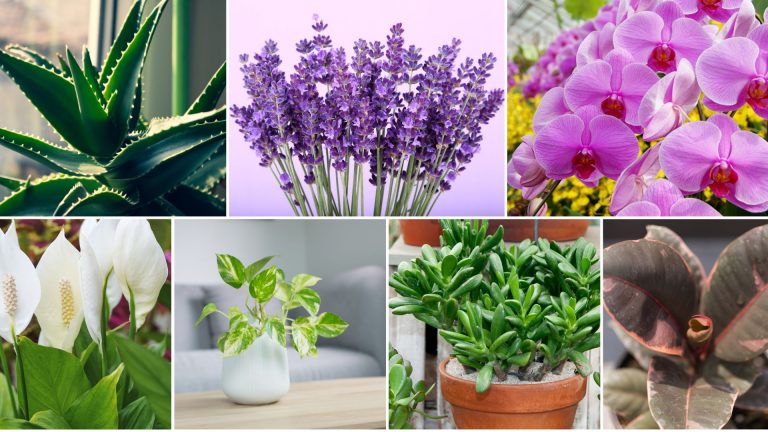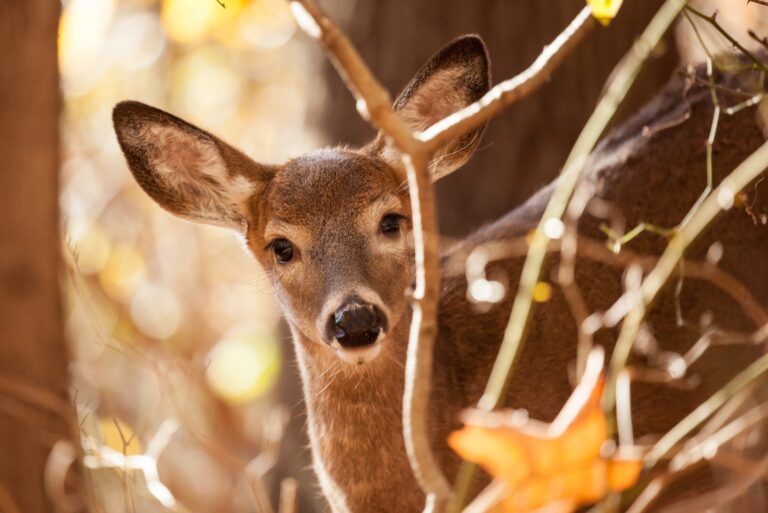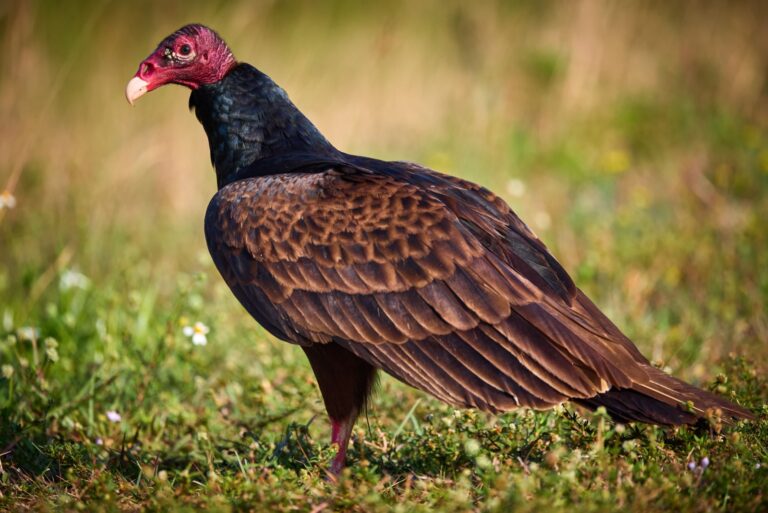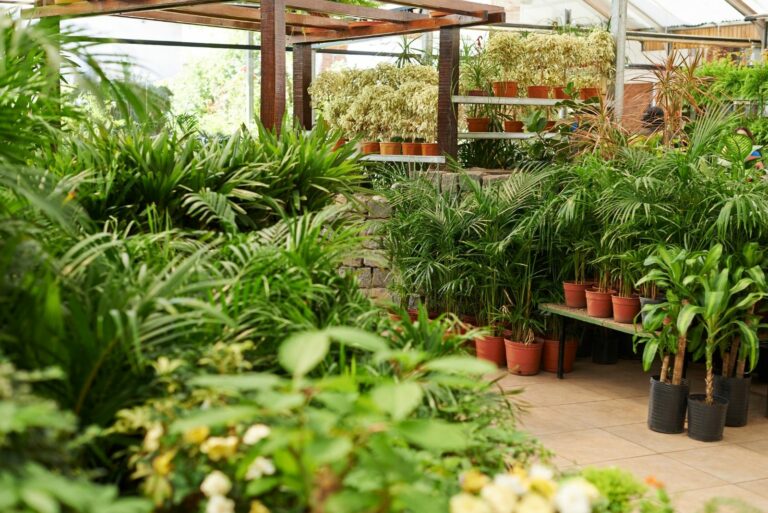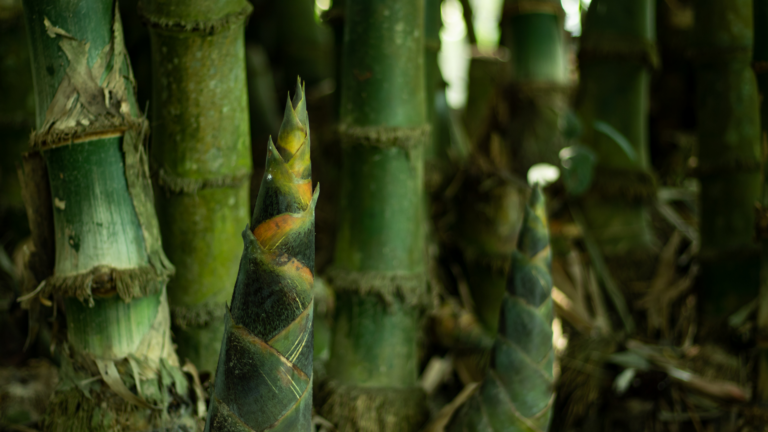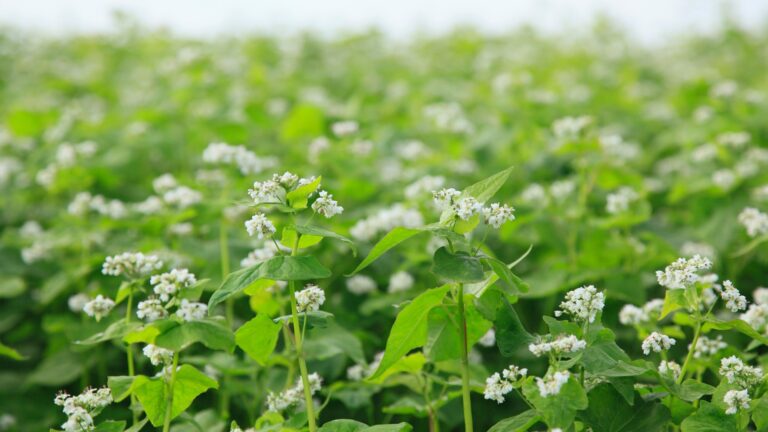Illegal Backyard Crops In Florida You Didn’t Know About
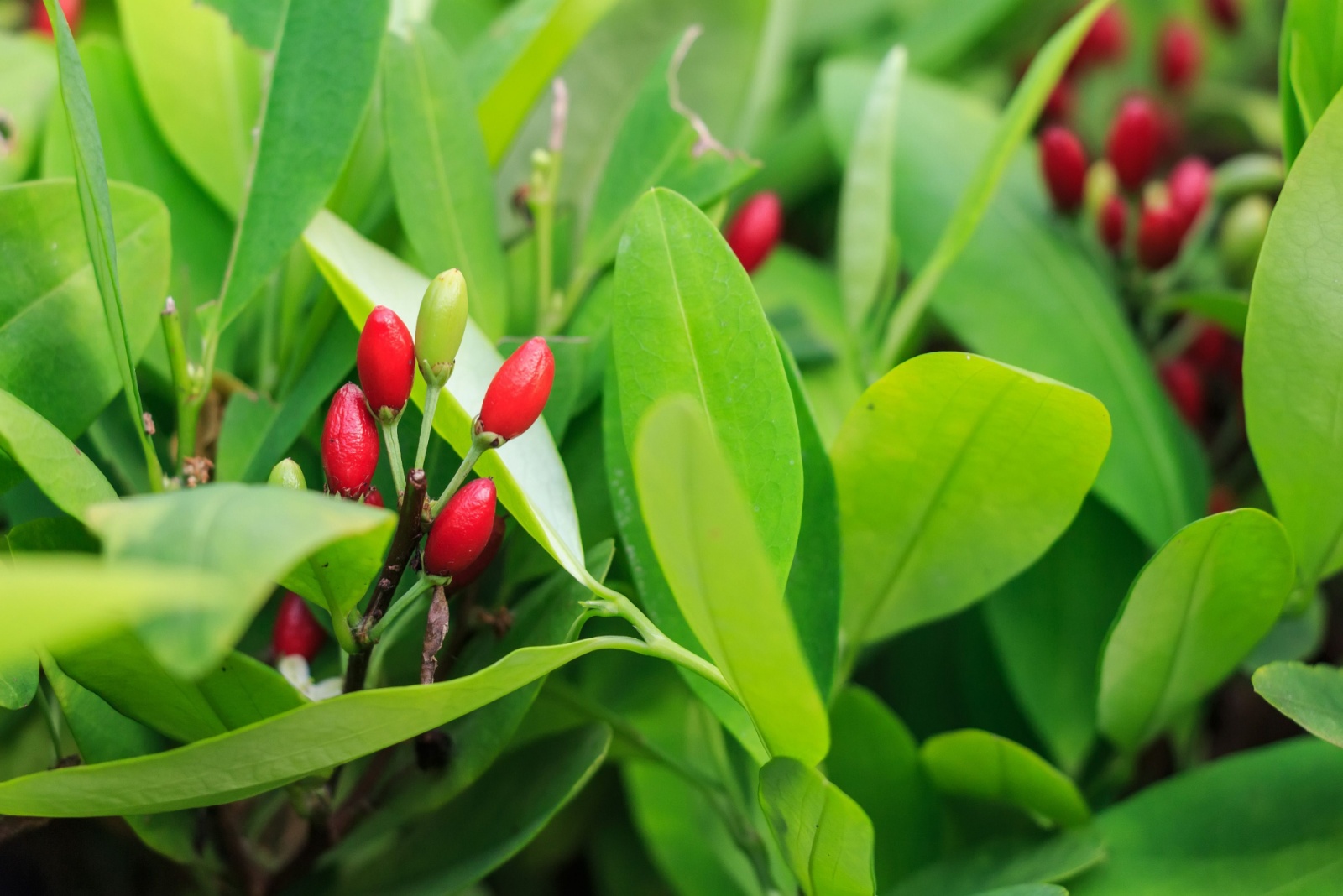
Florida’s sunny climate inspires gardeners to grow all kinds of exotic plants—but not all are welcome. State regulations can turn a dream garden into a legal headache. Knowing the rules ahead of time can save you trouble down the line.
From invasive species to agricultural protections, the list of restricted plants is longer than you might expect. Even seemingly harmless crops can pose risks to local ecosystems. Some are banned outright, while others require special permits.
Before planting that rare seed or tropical cutting, it’s worth doing a little research. These surprising crops could land you in hot water with Florida authorities. Staying informed means keeping your garden both beautiful and legal.
1. Coca Plant
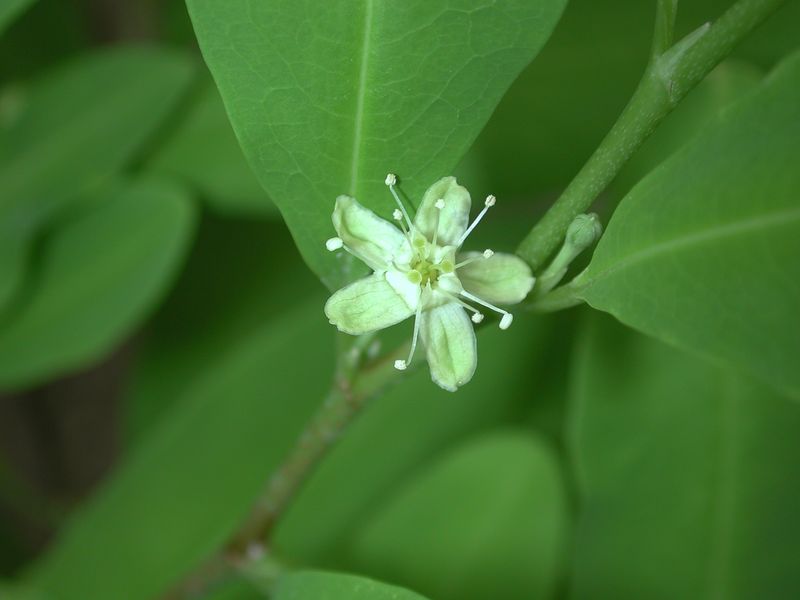
Growing this South American native in your Florida garden is a federal offense. The leaves contain the alkaloids used to produce cocaine, making it a Schedule II controlled substance.
Federal agents actively search for these plants and prosecute growers regardless of intended use. Even ornamental growing is prohibited.
I once saw this plant in a botanical garden under special permit – the only legal way to view it in the United States.
2. Opium Poppy
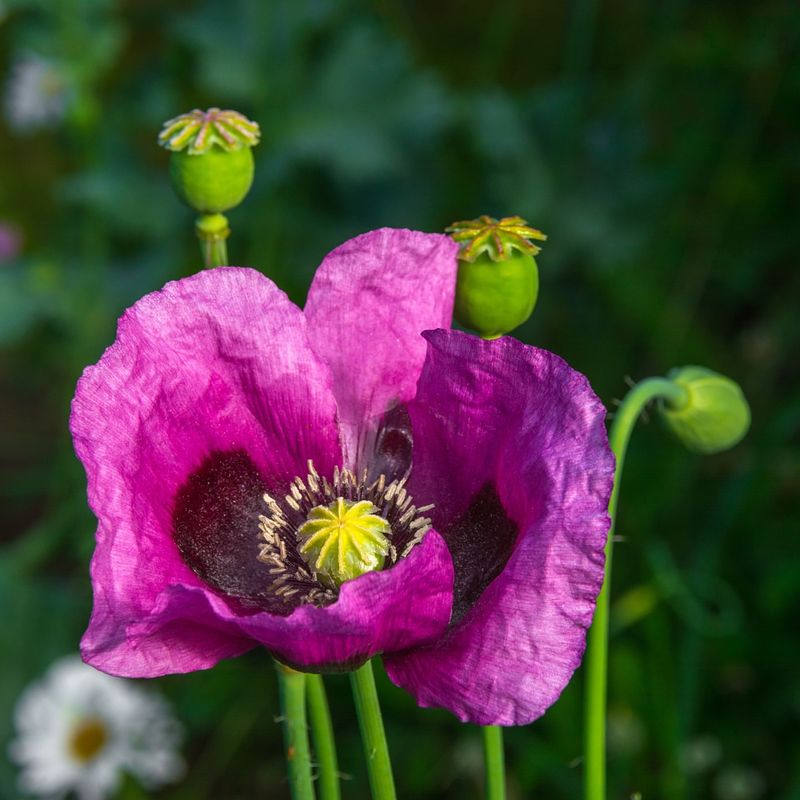
Despite their beautiful flowers, these poppies contain narcotic compounds that place them under strict control. Many Florida gardeners mistakenly believe ornamental growing is permitted.
Law enforcement doesn’t typically target casual gardeners, but technically, any cultivation violates federal law. The bright blooms may catch more than admiring glances – they could attract legal trouble.
Several gardening friends were shocked when I explained that even having these seeds could potentially violate controlled substance laws.
3. Non-Native Citrus
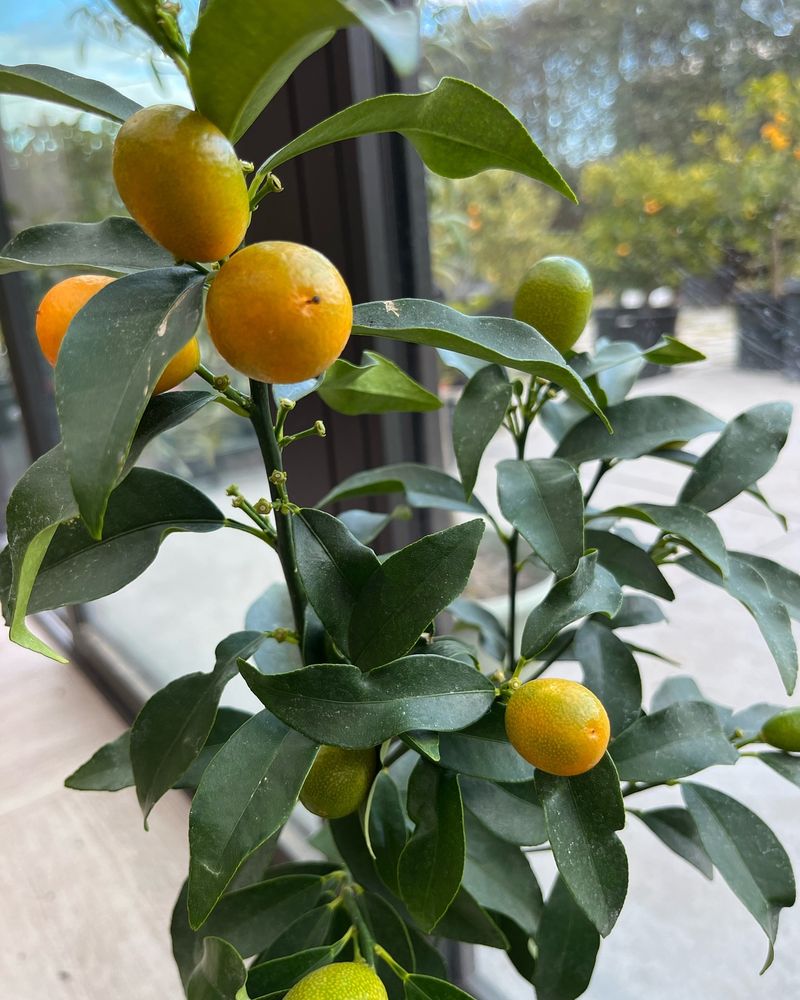
Florida’s citrus industry faces constant threats from diseases like citrus greening and canker. To protect commercial groves, the state restricts importing non-certified citrus plants.
Home gardeners must purchase citrus from approved Florida nurseries with proper certification. That exotic citrus variety from an online seller might seem tempting, but bringing it into Florida without permits is illegal.
The penalties can include hefty fines and destruction of not just your plants but potentially neighboring citrus trees too.
4. Miracle Fruit
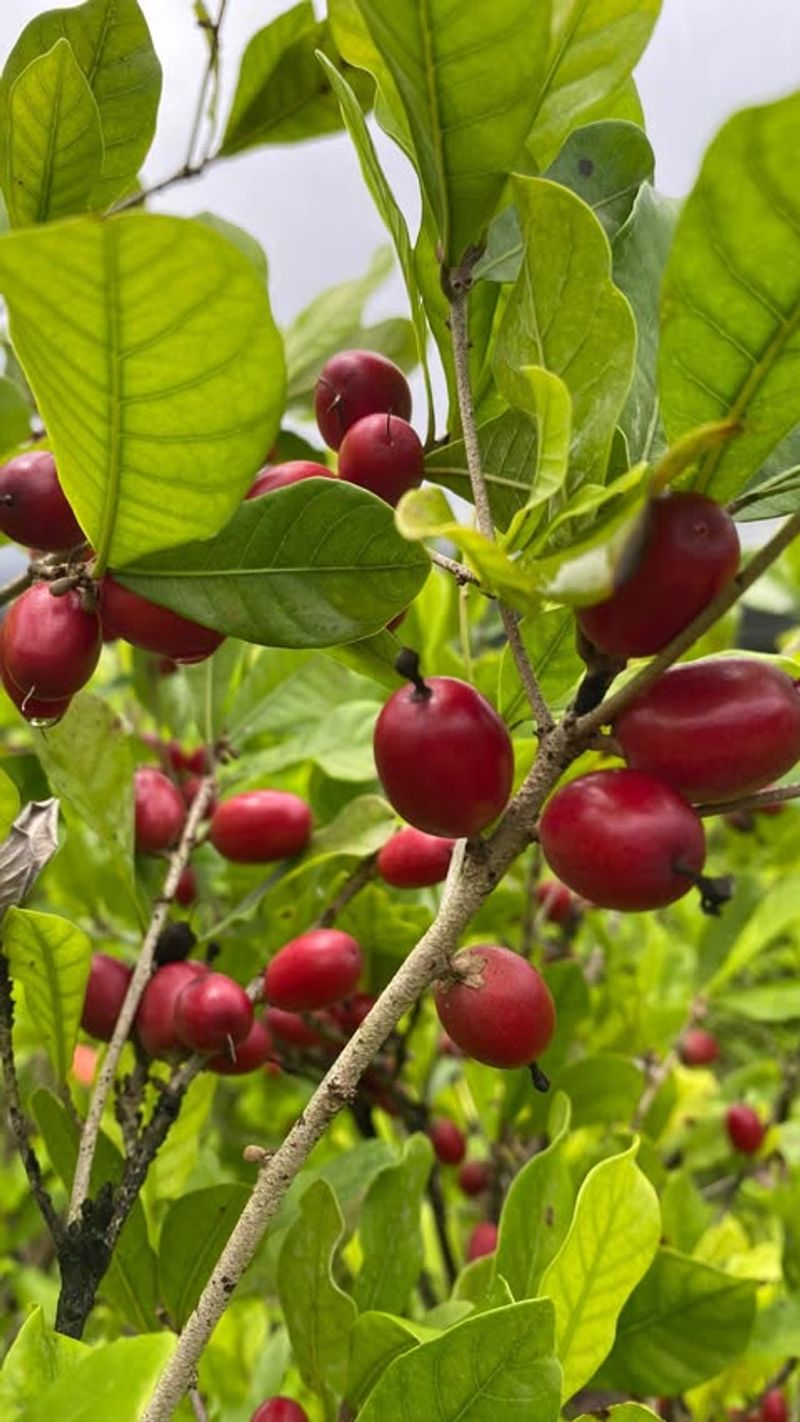
This fascinating berry temporarily makes sour foods taste sweet, but its cultivation falls under strict regulation in Florida. The plant interferes with taste receptors, creating a flavor-altering effect that lasts about an hour.
State agricultural authorities restrict its growing due to potential impacts on native plant communities. Without proper permits, your miracle berry bush could result in fines.
The restrictions surprised me when researching unusual fruit plants for my Florida garden – many nurseries won’t even ship these plants to Florida addresses.
5. Water Spinach
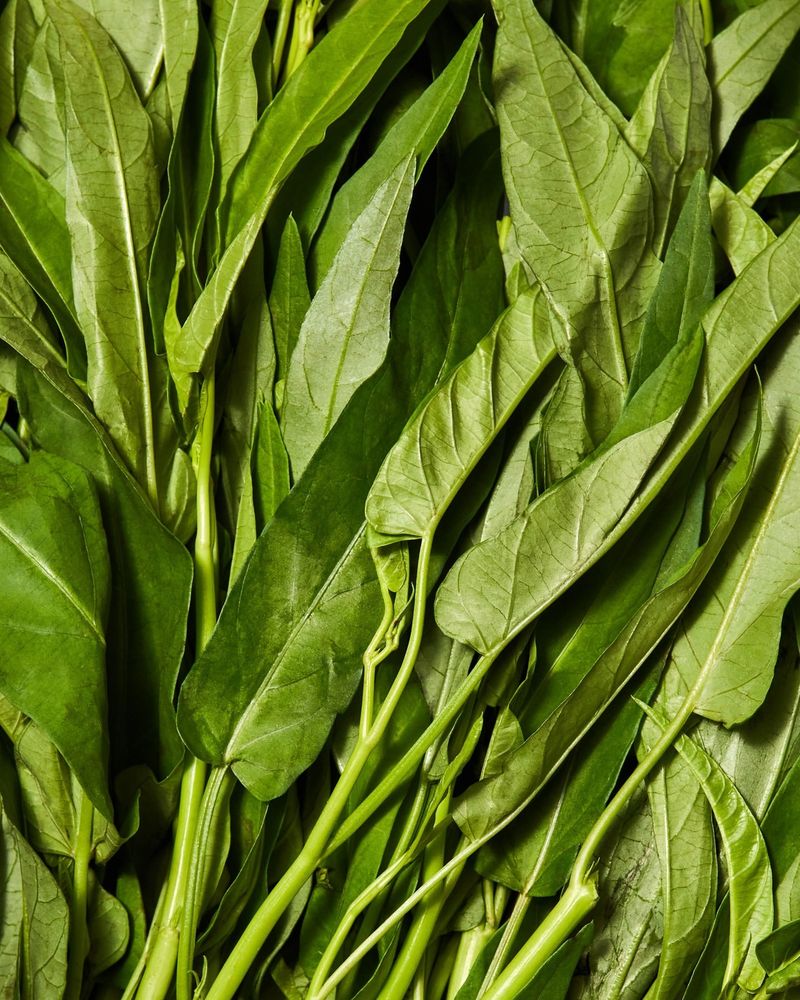
This popular Asian vegetable goes by many names: kangkong, ong choy, or water morning glory. Due to its aggressive growth habit and ability to take over waterways, it’s classified as a noxious weed.
Federal regulations prohibit possession without special permits, which are rarely granted to home gardeners. The plant can spread through Florida’s extensive canal systems with devastating ecological consequences.
A neighbor once brought cuttings back from an international trip, not realizing they could face up to $10,000 in fines for this seemingly innocent vegetable.
6. Kratom
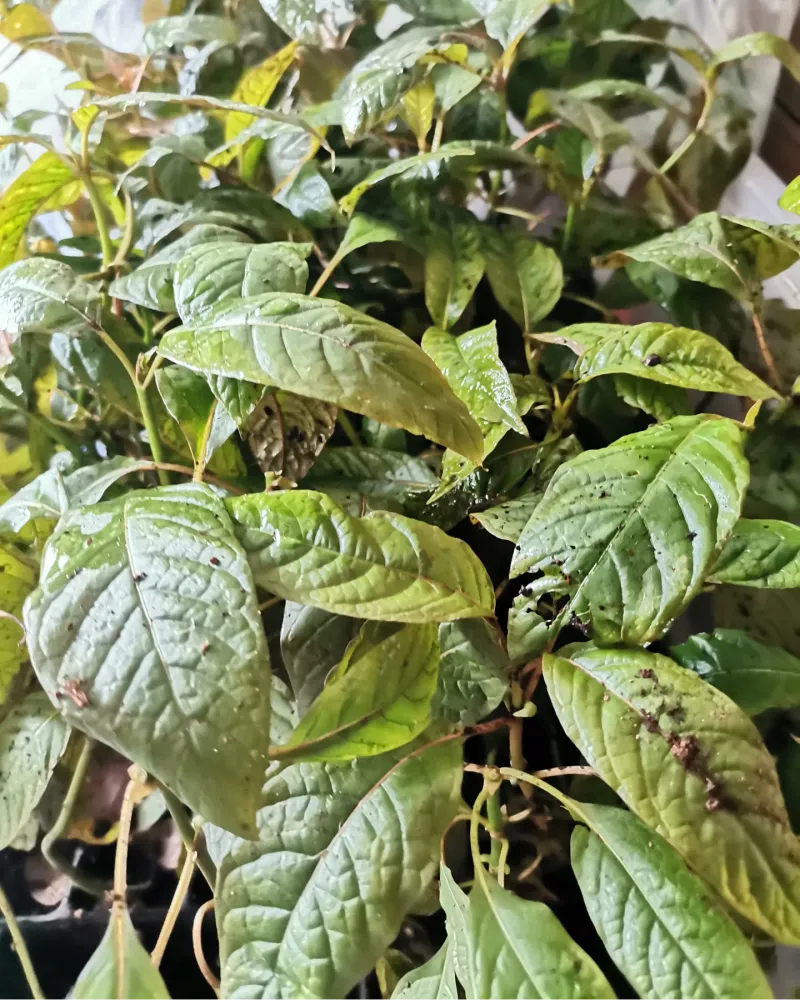
The legal status of this Southeast Asian tree remains complicated in Florida. Several counties have banned its possession entirely, while others permit it with restrictions.
Containing compounds that act on opioid receptors, kratom has generated significant controversy. Growing it in your backyard might violate local ordinances depending on your specific Florida location.
Before planting, check your county regulations – Sarasota County residents face misdemeanor charges for possession, while other counties permit it.
7. Giant Bamboo Species
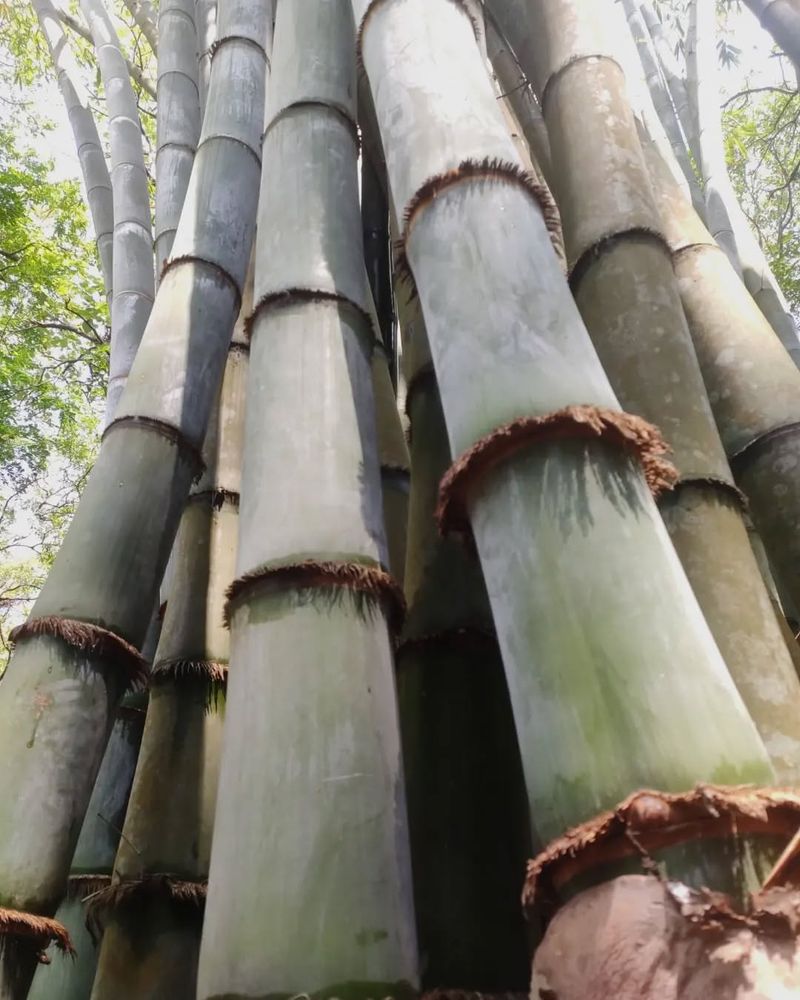
Running bamboo varieties can become a homeowner’s worst nightmare and a legal liability in Florida. These aggressive plants send underground rhizomes that cross property lines, damaging foundations, pipes, and neighboring landscapes.
Many Florida municipalities have enacted ordinances against planting invasive bamboo species. Violators may face removal orders and be held financially responsible for damage to neighboring properties.
The fast growth that makes bamboo appealing – sometimes several feet per day – is precisely what makes it dangerously invasive in Florida’s humid climate.
8. Peyote Cactus
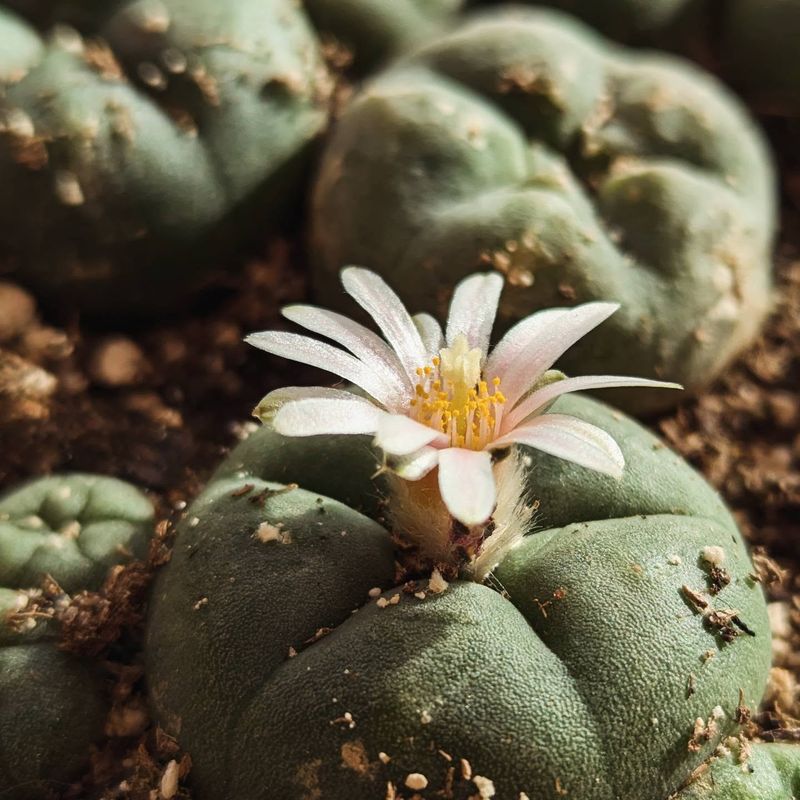
This small, button-shaped cactus contains mescaline, classifying it as a Schedule I controlled substance. Federal law prohibits cultivation except by registered Native American churches for religious purposes.
Growing peyote in your Florida garden is illegal regardless of intended use. Law enforcement takes cultivation seriously, with penalties including substantial prison time.
Many cactus enthusiasts are surprised to learn that even owning peyote seeds can constitute a federal offense with serious consequences.
9. Hemp Without Permits
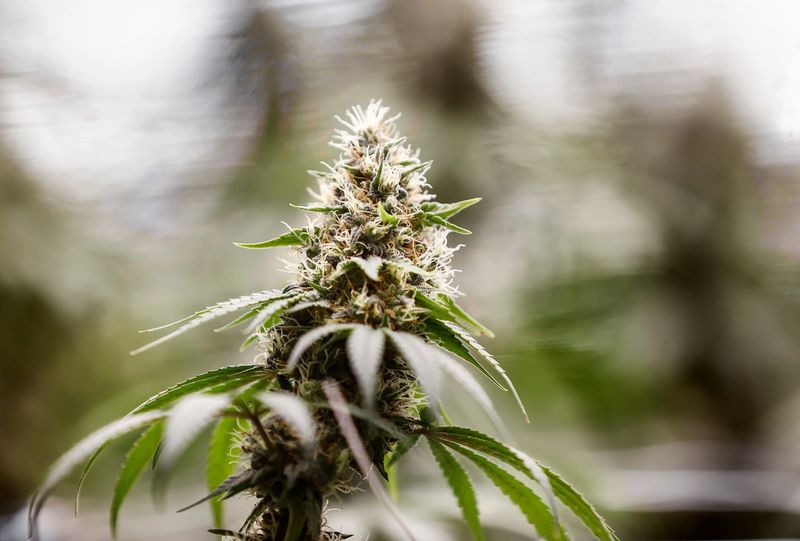
Following the 2018 Farm Bill, hemp cultivation became legal – but only with proper licensing. Florida requires extensive permits, background checks, and compliance with strict regulations for hemp growers.
Backyard hemp gardens without state authorization remain illegal, regardless of THC content. The plants look identical to marijuana, creating enforcement challenges that authorities address through strict licensing.
Several gardening friends assumed the federal legalization meant they could grow hemp freely, not realizing Florida’s permit system makes unauthorized cultivation a serious offense.
10. Khat
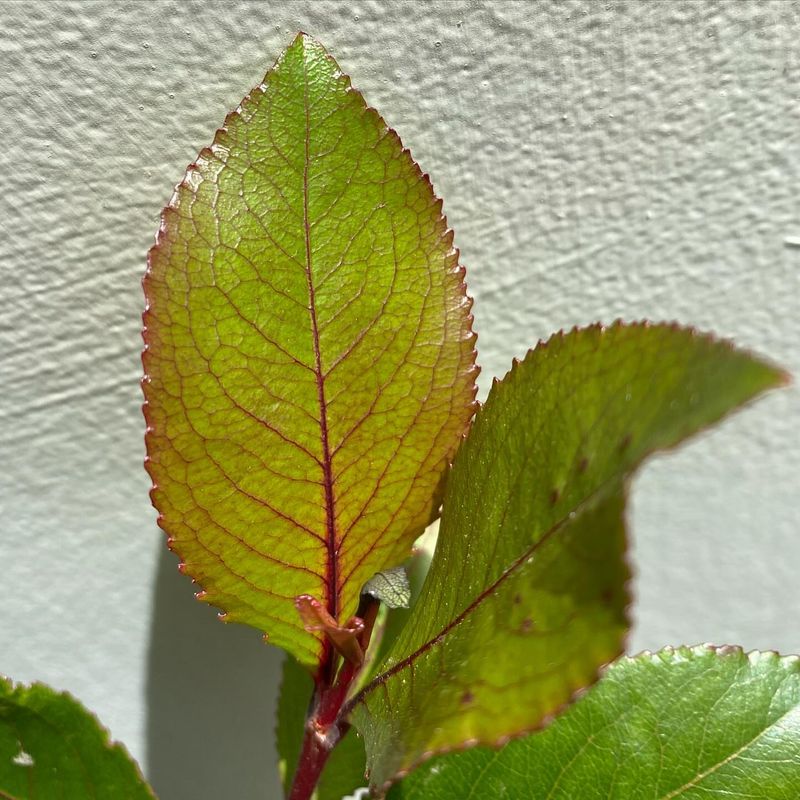
This East African shrub contains cathinone, a stimulant classified as a controlled substance in the United States. Growing khat in Florida backyards violates federal drug laws, regardless of cultural significance.
The plant’s fresh leaves are chewed for their stimulant effect in some cultures. Florida’s warm climate provides ideal growing conditions, making it a target for enforcement.
Penalties for cultivation are severe, including potential felony charges – a fact many immigrants from countries where khat is traditional don’t realize until too late.
11. Mangosteen
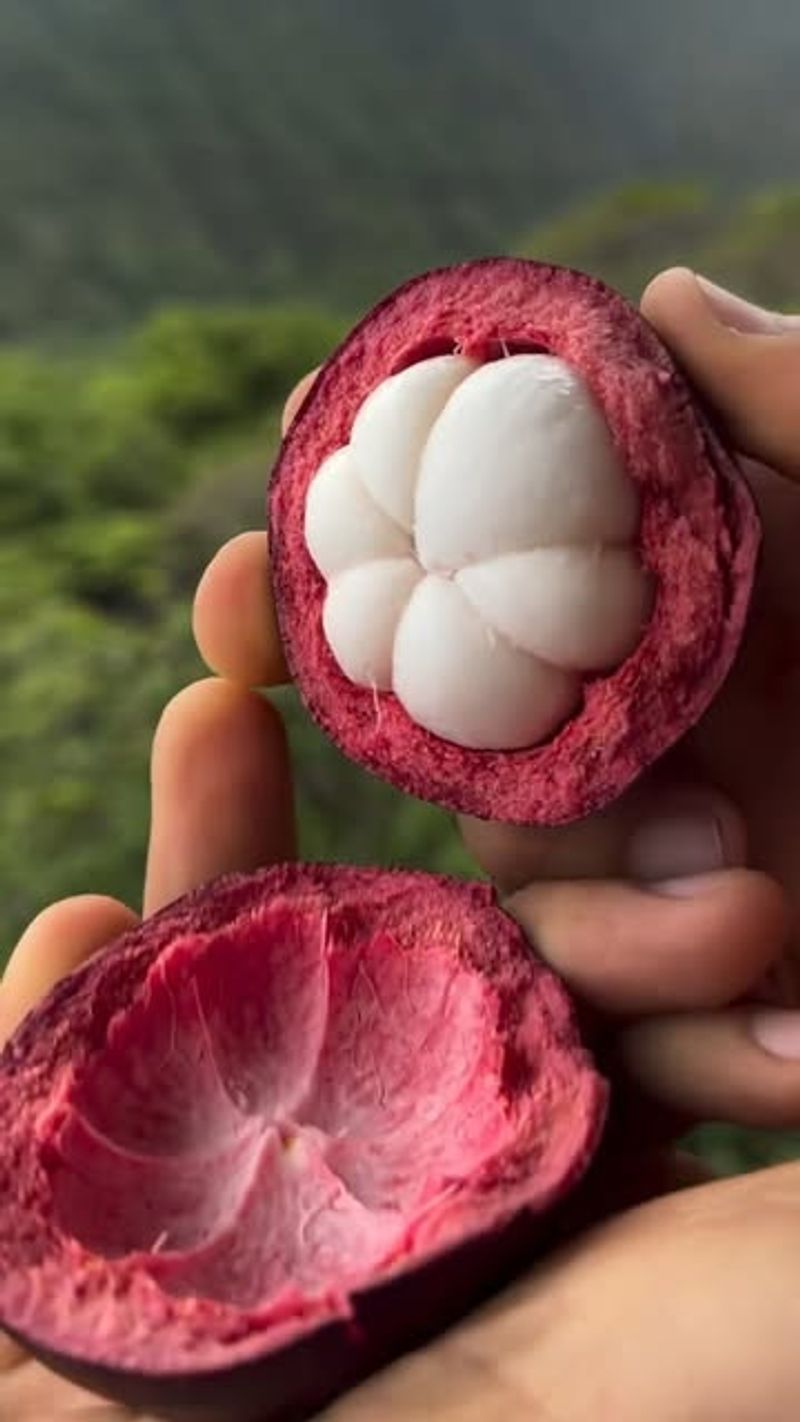
Known as the “queen of fruits” for its exquisite flavor, mangosteen faces strict import and growing restrictions in Florida. Agricultural authorities worry about fruit flies and other pests that might hitchhike on these plants.
Home growers must obtain special permits, which are rarely granted outside of research institutions. The tropical fruit thrives in South Florida’s climate, making unauthorized cultivation tempting but illegal.
A friend learned this the hard way when customs confiscated mangosteen seedlings they attempted to bring back from Thailand.
12. Restricted Sugarcane Varieties
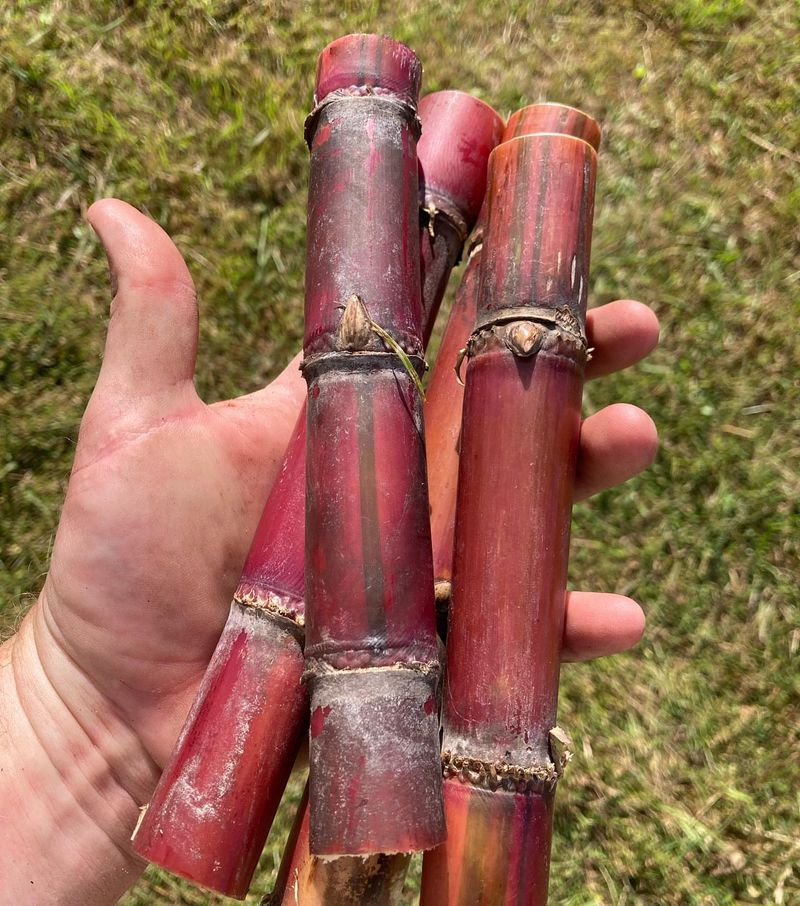
Not all sugarcane varieties are welcome in Florida, despite the state’s massive sugar industry. Certain types can harbor diseases that threaten commercial production, leading to strict regulations.
Backyard growers must stick to approved varieties and obtain them from certified sources. Bringing in cuttings from other states or countries without proper permits violates agricultural quarantine laws.
The Florida Department of Agriculture actively monitors for unauthorized varieties to protect the state’s billion-dollar sugar industry from potentially devastating pathogens.
13. Neem Tree Without Permits
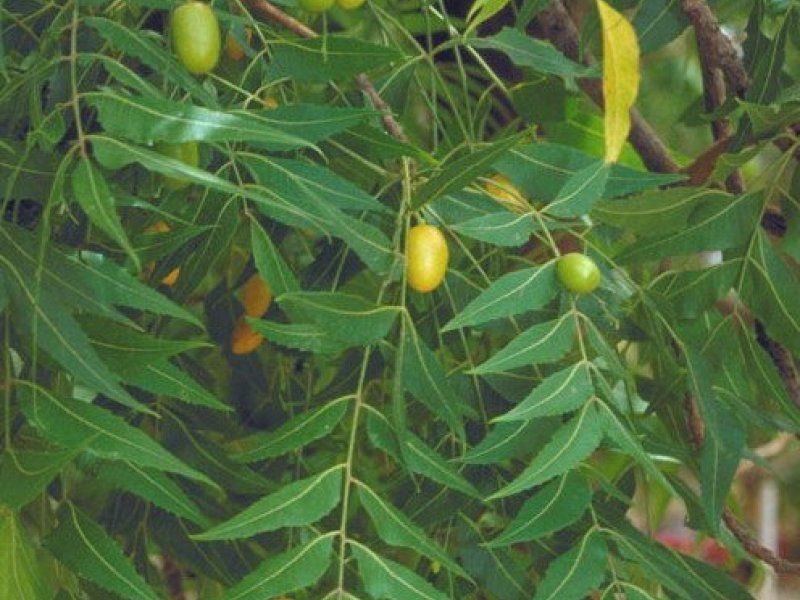
While neem products are widely available, growing the actual tree in Florida requires permits due to invasive potential. The tree’s prolific seed production and adaptability to Florida’s climate make it a concern for native ecosystems.
Agricultural authorities restrict cultivation to prevent escaped specimens from establishing in natural areas. Many gardeners are unaware of these restrictions, assuming this medicinal plant is always permitted.
Before planting, check with the Florida Department of Agriculture – unauthorized trees may need to be removed at the owner’s expense.
14. Salvia Divinorum
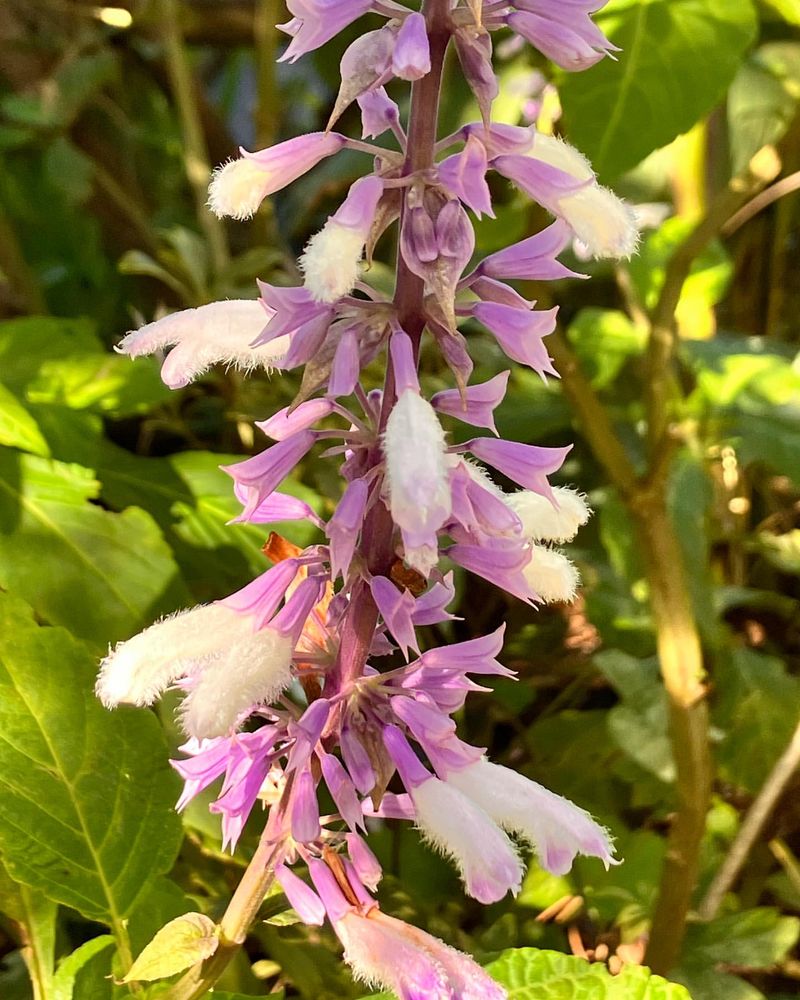
This member of the sage family contains powerful hallucinogenic compounds and faces varying legal status across Florida counties. Some jurisdictions have banned it entirely, while others restrict sales but not necessarily possession.
The plant grows readily in Florida’s climate, making backyard cultivation possible but potentially illegal. Its inconspicuous appearance resembles ordinary garden sage, sometimes flying under the radar of authorities.
Before growing this plant, check local ordinances – what’s legal in one Florida county might bring serious penalties in another.
15. Bitter Cassava
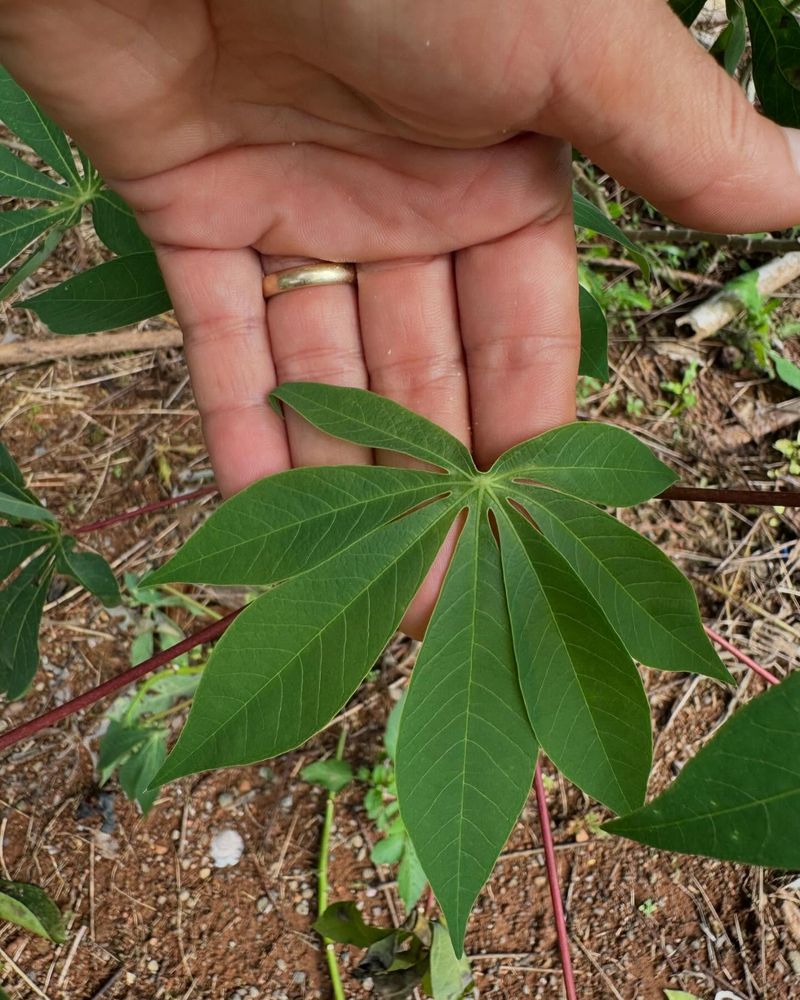
While sweet cassava varieties are common in Florida gardens, bitter types contain dangerous levels of cyanide compounds. State agricultural authorities restrict these high-toxin varieties to prevent accidental poisoning.
Processing is required to make bitter cassava safe for consumption, a fact many home gardeners don’t realize. Improperly prepared roots have caused serious illness and even deaths.
When purchasing cassava for planting, ensure you’re getting approved sweet varieties through legitimate Florida nurseries rather than imported bitter types.
16. Betel Nut Palm
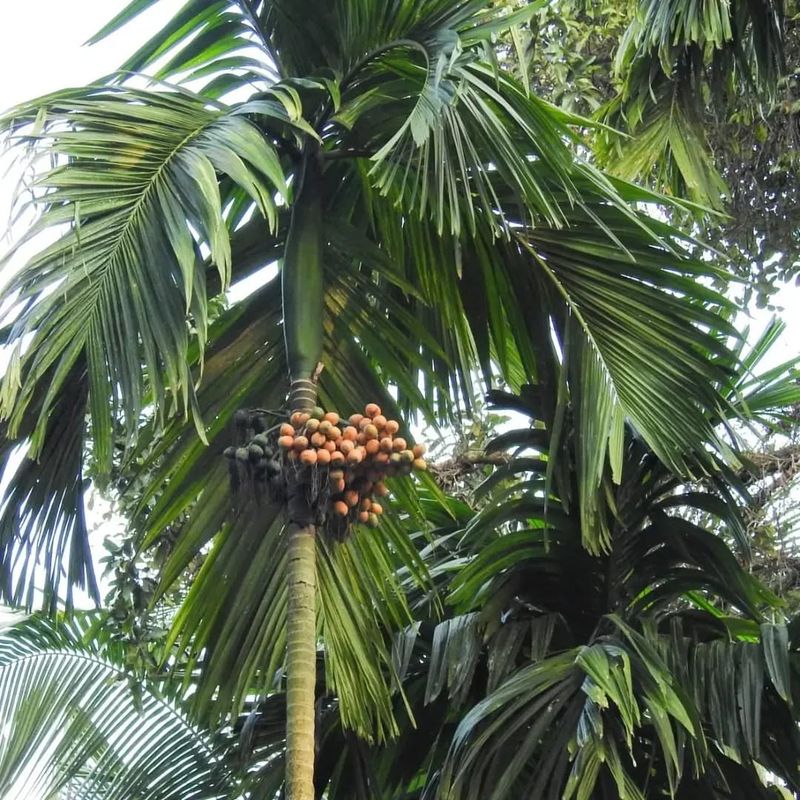
This tropical palm produces nuts containing arecoline, a stimulant and potential carcinogen. While not explicitly banned in all Florida jurisdictions, growing it with intent to produce betel for chewing violates FDA regulations.
The palm itself grows beautifully in South Florida’s climate, making it tempting for landscaping. Many gardeners don’t realize the legal complications surrounding this culturally significant plant.
Several communities where betel chewing is traditional have faced challenges navigating the complex regulations surrounding this plant in Florida.

